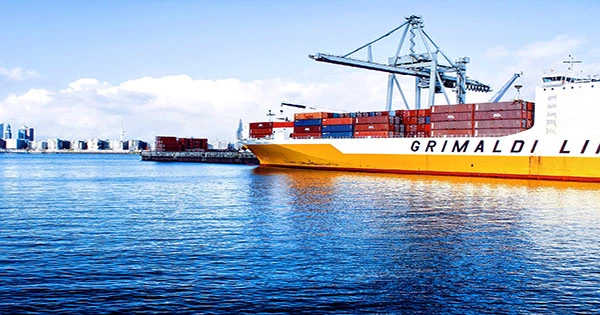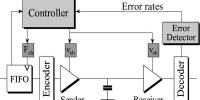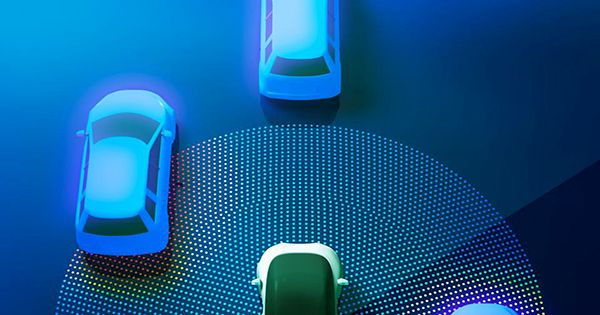Using an automated navigation technology created by Avikus and HD Hyundai, a big autonomous cargo ship has completed the world’s first transoceanic journey navigating with AI. The gigantic 180,000 square-meter-class freighter, which generally transports liquefied natural gas (LNG), used artificial intelligence to cruise roughly 10,000 kilometers (6,200 miles) from the Gulf of Mexico, via the Panama Canal, and onto a port in Korea’s South Chungcheong Province. It took a total of 33 days, during which time the vessel used the AI-based HiNAS 2.0 navigation system to explore an ideal course for fuel economy and distance.
In a statement, Captain Young-hoon Koh of the PRISM COURAGE said, “Avikus’ autonomous navigation technology was greatly helpful in this ocean-crossing test, especially for maintaining navigating routes, autonomously changing directions, and avoiding nearby ships, all of which increased ship crews’ work conveniences.” The HiNAS 2.0 system first calculates the best path for the planned travel, and then controls the vessel’s steering and speed while taking into account changes in weather and other oncoming ships. The navigation technology, according to Avikus, cuts fuel usage by around 7% and carbon gas emissions by 5%.
Avikus plans to launch the technology by the end of the year after receiving certification from the American Bureau of Shipping for autonomous ocean voyages. The technology will be available not only for huge cargo ships, but also for smaller pleasure craft if captains want to use it. “It’s significant that we were able to effectively test the Level 2 system to manage a vessel beyond the Level 1 technology and provide optimal routes,” said Do-hyeong Lim, CEO of Avikus.
“Not just for huge commerce ships, but also for small pleasure boats, we will drive innovation by enhancing autonomous navigation technologies.” In comparison to traditional vessels, autonomous ships have both advantages and downsides. For starters, because most maritime mishaps are caused by “human mistake,” computer systems may prove to be far safer captains than humans. Ships with no crew have more cargo room, may be made lighter, and consume less fuel. Emerging technology, on the other hand, carries with it new concerns, such as the potential of cyberattacks and dependability issues, as ships are driven into deeper seas and on longer trips, a shortage of crew men may expose them to piracy, however fewer lives may be lost as a result.
















